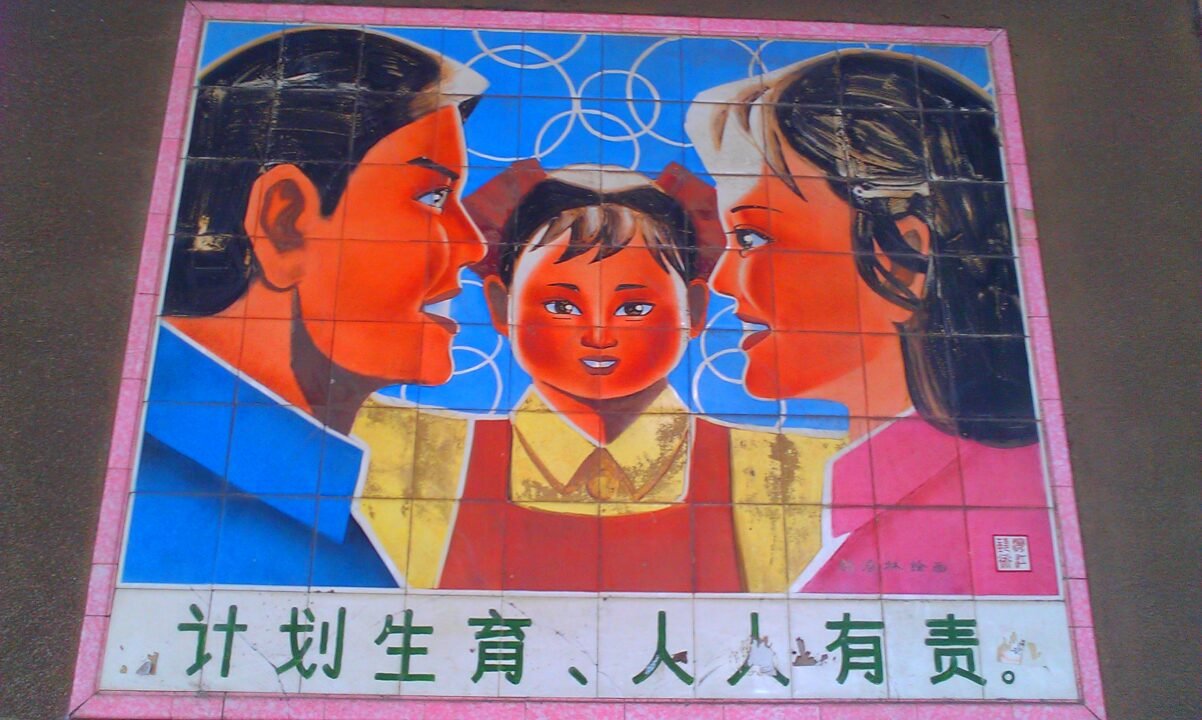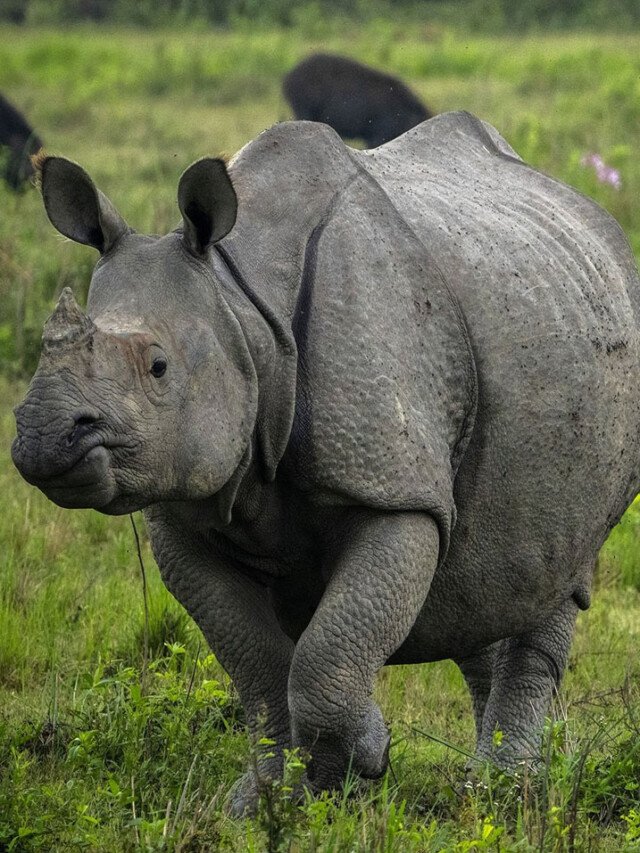Beijing, Oct 10 (PTI) Chinese President Xi Jinping on Thursday directed his party to focus on the country’s rapidly growing population of the elderly, whose numbers touched 300 million, adding to the demographic crises accentuated by falling marriage and birth rates.
China’s population aged 60 years and above approached 300 million by the end of 2023. Projections suggest it will exceed 400 million by 2035 and reach 500 million by 2050, state-run Xinhua news agency reported on Thursday.
Greeting the elderly people on the eve of the country’s Seniors’ Day, which falls on Friday, Xi urged the ruling Communist Party committees and governments at all levels to prioritise work related to the elderly.
The rising numbers of the Chinese elderly, who had to endure the strictly enforced decades-old one-child policy, are mostly dependent on state social security support putting pressure on the state finances amid the flagging economy.
Officials said besides the rising ageing population, China faces a serious demographic crisis, largely attributed to the one-child policy. It was finally scrapped in 2016 permitting all couples to have two children.
China revised the population policy in 2021 allowing people to have three children in an attempt to address the reluctance of couples to have more kids due to mounting costs.
Amid mounting costs of pensions and geriatric care, China last month raised the retirement age of the working population creating ripples of resentment among the public.
From early next year, the retirement age for men will rise from 60 to 63 and for female office workers from 55 to 58 years. The female blue-collar workers will now retire at 55 instead of the previous 50 years.
Huang Wenzheng, director of the Beijing-based YuWa Population Research Institute, a private think tank said, “This is mainly because China’s pension pool is drying up.”
“As birth rates fall and life expectancy increases, the proportion of elderly is also increasing, which means the working population, or those paying into the pension pool, is becoming less and less,” Huang told the Hong Kong based South China Morning Post earlier.
The Chinese Academy of Social Sciences has warned that based on current trends, the pension system will run out of money by 2035.
Huang said the policy might have an effect on young people’s employment, as well as their willingness to have children.
Currently, many choose to have their retired parents raise their children, and delayed retirement might stand in the way, he pointed out.
“I think the policy only wanted to make up the pension account, it did not consider the wide effects it might have on the economy and society,” he said.
Meanwhile, China on Thursday also announced a plan to conduct a nationwide sample survey of population changes this year to accurately and promptly monitor the country’s demographic development and provide basic information for its population policies.
The National Bureau of Statistics (NBS) announced that from October 10 to November 30, select residents will be asked about their basic information, including age, gender, ethnic groups, educational levels, job positions, marital and fertility status and housing conditions. PTI KJV
NPK












